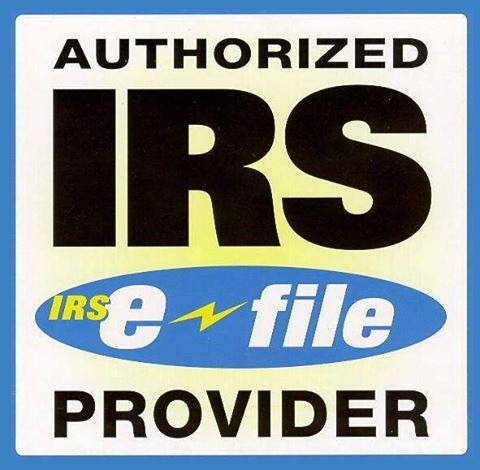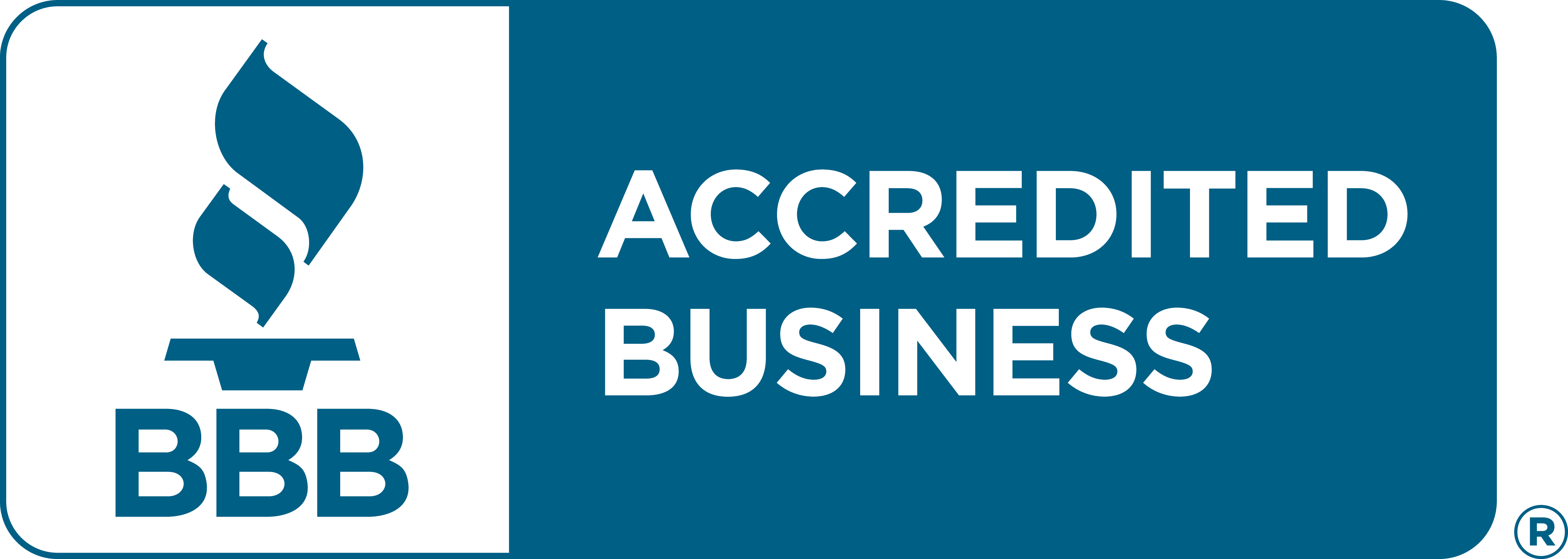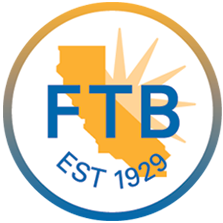Form 1099 Due Dates
Business owners/Payers must file 1099 forms on time to ensure compliance with IRS regulations.
Excise Tax Forms
Employment Tax Forms
Exempt Org. Forms
Extension Forms
Business Tax Forms
FinCEN BOIR
General
1099 forms are tax documents used to report different types of Payments beyond wages or salaries. Businesses, banks, and other entities issue these forms to report payments made to independent contractors, freelancers, landlords, and others. These forms help the IRS track taxable income and ensure it is reported on tax returns.
Here’s what you need to know about 1099 forms:
- A 1099 form is generally required when $600 or more payments are made to an individual or business in a calendar year.
- Common types of 1099 forms include:
- 1099-NEC – Reports payments of $600 or more to independent contractors and freelancers.
- 1099-MISC – Reports miscellaneous income, including rent, prizes, awards, and healthcare payments.
- 1099-INT – Reports interest income from banks, credit unions, and financial institutions.
- 1099-DIV – Reports dividends and capital gains distributions from stocks and mutual funds.
- 1099-K – Reports payments received through third-party platforms.
- 1099-R – Reports distributions from pensions, annuities, IRAs, and other retirement plans.
non-employees, you must generally issue the appropriate 1099 forms (such as Form 1099-NEC or 1099-MISC) if the payments meet IRS thresholds. Failure to file required 1099 forms may result in IRS penalties.
IRS 1099 Forms: Important Deadlines for Filing 1099s
| Tax Forms | Recipient’s Copy Deadline | IRS Paper filing deadline | IRS E-Filing deadline |
|---|---|---|---|
| 1099-NEC | January 31 | January 31 | January 31 E-File Now |
| 1099-MISC | January 31 | February 28 | March 31 E-File Now |
| 1099-INT | January 31 | February 28 | March 31 E-File Now |
| 1099-DIV | January 31 | February 28 | March 31 E-File Now |
| 1099-B | February 17 | February 28 | March 31 E-File Now |
| 1099-K | January 31 | February 28 | March 31 E-File Now |
| 1099-G | January 31 | February 28 | March 31 E-File Now |
| 1099-R | January 31 | February 28 | March 31 E-File Now |
| 1099-C | February 17 | February 28 | March 31 E-File Now |
| 1099-S | February 17 | February 28 | March 31 E-File Now |
| 1099-SA | January 31 | February 28 | March 31 E-File Now |
| 1099-LTC | January 31 | February 28 | March 31 E-File Now |
| 1099-OID | January 31 | February 28 | March 31 E-File Now |
| 1099-PATR | January 31 | February 28 | March 31 E-File Now |
| 1099-Q | January 31 | February 28 | March 31 E-File Now |
| 1099-A | February 17 | February 28 | March 31 |
| 1099-DA | February 17 | February 28 | March 31 |
Ready to Submit Your 1099 Forms Online?
Get started with TaxZerone, your complete solution for all 1099 filing requirements.
What Happens If You File Incorrect 1099 Forms?
Even if you file on time, you could still face penalties if the information is incorrect.
- If you identify any errors in your previously submitted form 1099, you must file an
1099 correction immediately. - Incorrect or missing TINs may trigger backup withholding, requiring 24% of future payments to be withheld until corrected.
- If the errors are not corrected within the allowed timeframe, penalties of up to $340 per form may apply.
1099 State Filing Due Dates
Each state has its own due dates for filing 1099 forms, which may differ from the federal deadline. While many states follow the federal January 31 deadline (especially for Form 1099-NEC), some states extend e-filing deadlines to March 31 (like MISC, INT, DIV, etc.) or unique filing requirements, especially for paper filings.
Combined Federal/State Filing (CFSF)
Certain states participate in the Combined Federal/State Filing (CFSF) Program, allowing the IRS to automatically share your 1099-NEC, 1099-MISC, 1099-INT, 1099-DIV, and 1099-R forms with participating states.
The table below lists the codes for states participating in the CF/SF Program.
| State | State | State |
|---|---|---|
| Alabama | Indiana | Nebraska |
| Arizona | Kansas | New Jersey |
| Arkansas | Louisiana | New Mexico |
| California | Maine | North Carolina |
| Colorado | Maryland | North Dakota |
| Connecticut | Massachusetts | Ohio |
| Delaware | Michigan | Oklahoma |
| District of Columbia | Minnesota | Pennsylvania |
| Georgia | Mississippi | Rhode Island |
| Hawaii | Missouri | South Carolina |
| Idaho | Montana | Wisconsin |
*For more details, refer to our 1099 State Filing Requirements.
States without filing requirements
Not every state mandate separate filing for 1099 forms such as 1099-MISC, 1099-NEC, and 1099-INT. If you’re operating in one of these states, you don’t have to worry about submitting your 1099s at the state level—your federal filing is enough.
| States | Alaska, Nevada, New Hampshire, South Dakota, Texas, Washington, Wyoming |
Extensions for Filing 1099 Forms
If you need more time to file your 1099 series information return, the IRS grants a 30-day automatic extension by submitting Form 8809 before the original deadline. This extension applies only to filing, not to any payments due. To avoid last-minute issues, file early and consider e-filing for faster processing.
Penalties for Late 1099 Filing
Missing the deadline or making mistakes when filing 1099 forms can result in IRS penalties under Section 6721 of the Internal Revenue Code. The penalty amount varies based on how late the correction is made and whether the error was intentional. Filing on time and ensuring accuracy can help businesses avoid unnecessary fines.
| Delay Period | Penalty per Form | Maximum Penalty for Small Businesses (Gross Receipts ≤ $5M) | Maximum Penalty for Other Businesses |
|---|---|---|---|
| Filed within 30 days after the deadline | $60 per form | $239,000 | $683,000 per year |
| Filed between 31 days late and August 1 | $130 per form | $683,000 | $2,049,000 per year |
| Filed after August 1 or not filed at all | $340 per form | $1,366,000 | $4,098,500 per year |
How to Avoid 1099 Filing Penalties
To avoid late filing penalties and errors:
- File before the deadline – 1099-NEC is due January 31, while most other 1099s are due March 31 (E-filing).
- E-file instead of paper filing – E-filing is faster and reduces the chances of mistakes.
- Double-check recipient details – Verify names, TINs, and payment amounts before submitting.












